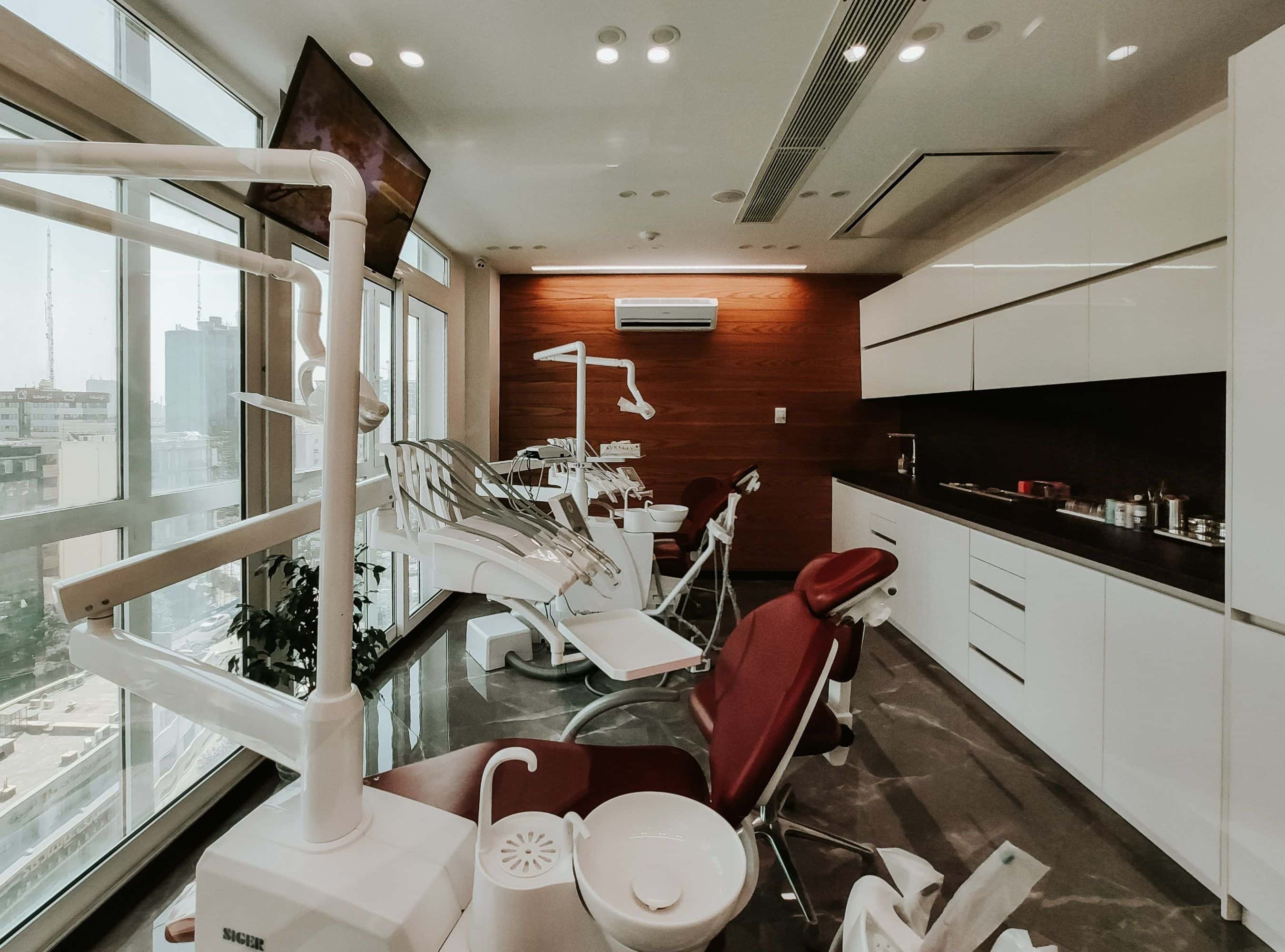This case involves an elderly, non-verbal man with Alzheimer’s who went to a dentist’s office for a cleaning. The cleaning was performed by a hygienist under the supervision of a dentist. A bite block was placed during the procedure. After the procedure, the patient could not close his mouth. This persisted and the next day, the patient went to an urgent care facility. The patient was then referred to the hospital emergency room where a stroke was ruled out. An X-ray revealed that the patient’s mandible was dislocated. The patient required a corrective procedure and a stay in the hospital.
Question(s) For Expert Witness
1. How often in your practice does a hygienist assist in dental cleanings?
2. In general, what aspects of the placement of a bite block and subsequent management can help prevent a dislocated jaw?
3. What is the management, in general, of a dislocated jaw after a procedure?
Expert Witness Response E-373564
I served as the attending dentist for two nursing homes and treated hundreds of patients, many with serious levels of dementia. Our dental hygienist performs nearly all of our routine dental cleanings as well as most root planning and scaling treatments. This is customary for most dental practices. Use of a mouth prop/bite block in a patient with some form of dementia may be essential in order to be able to make a proper diagnosis and safely provide treatment. It is also more comfortable for some patients to rely on this artificial form of support than to voluntarily hold their mouth open for the duration of treatment. Proper use of a bite block should not cause a TMJ dislocation. Following the dental procedure, I would have been concerned that the patient could not close their mouth properly. Before dismissing the patient, I would have certainly tried to determine if the problem seemed like a muscular problem, a TMJ dislocation or even a possible fracture of the jaw. Dislocations can be successfully managed by either a primary care dentist with some experience or an oral and maxillofacial surgeon. Management of a case like this starts with a proper diagnosis. A routine 2D panoramic radiograph or 3D Conebeam (available in many dental offices) would likely show the dislocation. If a diagnosis could not be made, then referral would be indicated.
About the author
Wendy Ketner, M.D.
Dr. Wendy Ketner is a distinguished medical professional with a comprehensive background in surgery and medical research. Currently serving as the Senior Vice President of Medical Affairs at the Expert Institute, she plays a pivotal role in overseeing the organization's most important client relationships. Dr. Ketner's extensive surgical training was completed at Mount Sinai Beth Israel, where she gained hands-on experience in various general surgery procedures, including hernia repairs, cholecystectomies, appendectomies, mastectomies for breast cancer, breast reconstruction, surgical oncology, vascular surgery, and colorectal surgery. She also provided care in the surgical intensive care unit.
Her research interests have focused on post-mastectomy reconstruction and the surgical treatment of gastric cancer, including co-authoring a textbook chapter on the subject. Additionally, she has contributed to research on the percutaneous delivery of stem cells following myocardial infarction.
Dr. Ketner's educational background includes a Bachelor's degree from Yale University in Latin American Studies and a Doctor of Medicine (M.D.) from SUNY Downstate College of Medicine. Moreover, she is a member of the Board of Advisors for Opollo Technologies, a fintech healthcare AI company, contributing her medical expertise to enhance healthcare technology solutions. Her role at Expert Institute involves leveraging her medical knowledge to provide insights into legal cases, underscoring her unique blend of medical and legal acumen.

